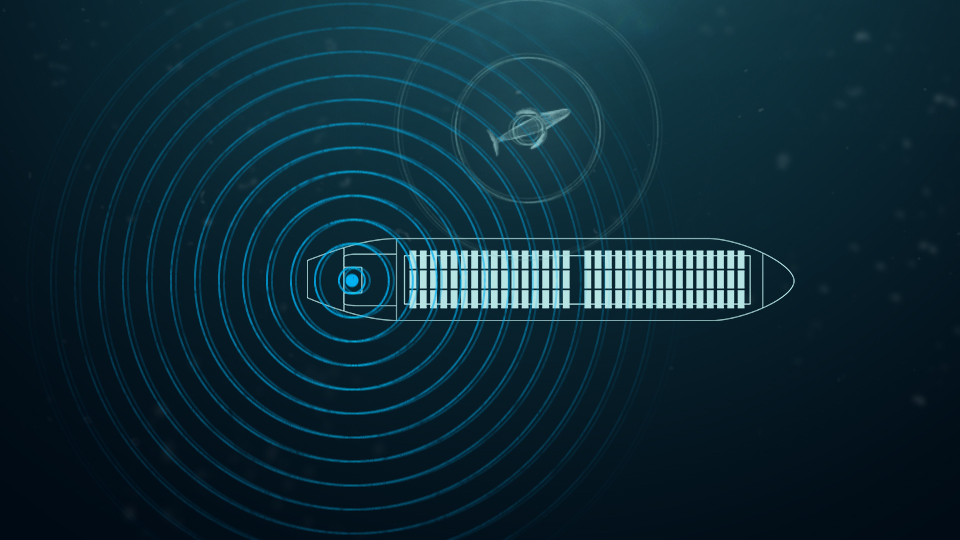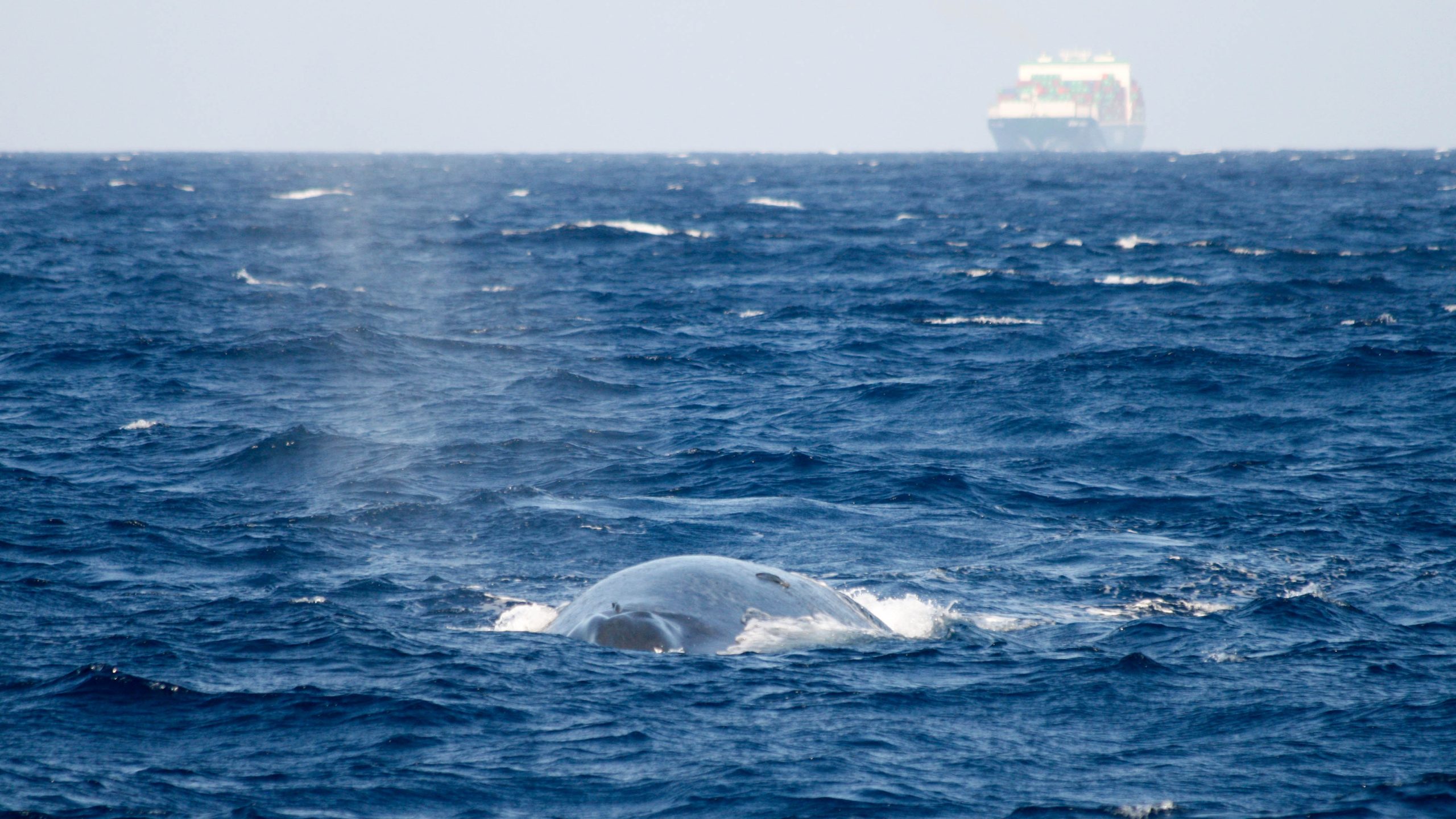The European Commission Will Now Put A Limit On Underwater Noise Pollution Helping To Protect Critical Marine Species
Photo by: WCNE-Whale Center of New England
Last week, the EU Commission set limits for underwater noise—a growing threat to the health and lives of whales, dolphins, and many other marine species in need of protection.
The move is hailed as a significant step to help Member States achieve Good Environmental Status (GES) for the ocean in their jurisdiction.

“This is a necessary and long awaited first step, finally pushing for action to address this pervasive and invisible pollutant,” said Ilaria Di Silvestre, Head of EU Policy and Campaigns at International Fund for Animal Welfare (IFAW). “Effective implementation by Member States is now crucial in order to fulfill commitments to protect marine life under the EU Marine Strategy Framework Directive. If well implemented, this could set a precedent worldwide.”
A technical working group was tasked to agree on ways to set limits for underwater noise. Experts differentiate between impulsive noise that is emitted during offshore construction or oil exploration activities and continuous noise. The main source of continuous noise is commercial shipping, which dominates the ocean soundscape globally.
Good Environmental Status (GES) for EU waters should have been achieved by 2020, but Members States failed to accomplish it for underwater noise. With the new thresholds set, Member States now have a way to assess GES with respect to underwater noise. Marine areas will be divided into Marine Reporting Units, which each Member State will define for itself. Thresholds for noise will then be set in relation to the chosen indicator species in that area.

“In a global first, the European Union (EU) recently set EU-wide thresholds for underwater noise, with recommendations on maximum acceptable levels for this pollutant,” Ilaria Di Silvestre, Head of EU Policy and Campaigns at IFAW, told WAN. “Member States of the EU must now implement appropriate measures, for example, by reducing ship-generated noise or setting spatial restrictions for human activities.”
“An obvious initiative that would help with implementation would be the adoption of ‘Blue Speeds.’ This initiative is calling for a 10% speed reduction, to decrease both underwater noise and the risk of ships colliding with whales in European waters, while also reducing fuel consumption and greenhouse gas emissions from the sector,” continued Di Silvestre. “IFAW is leading an EU-wide campaign to make Blue Speeds a reality and the new noise thresholds make the EU a perfect starting point. This is a solution that can be implemented immediately and works with existing ships, leading to a permanent industry-wide change.”
A new study found that achieving Blue Speeds in EU waters could reduce noise pollution and the risk of ships colliding with whales by around a 25%, and lower fuel consumption, CO2 emissions, and air pollution from shipping by around 8% each.